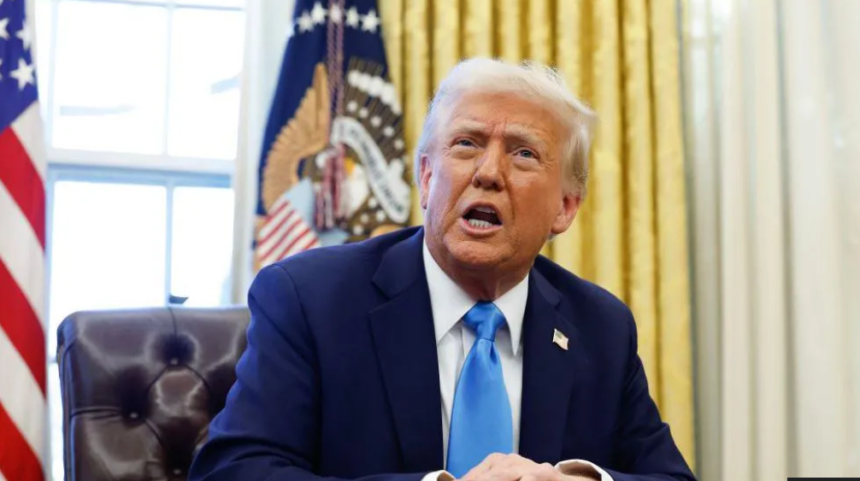The International Criminal Court (ICC) has reaffirmed its commitment to carrying out its judicial responsibilities despite facing opposition from US President Donald Trump, who recently signed an executive order imposing sanctions on its staff. The ICC condemned the order, stating that it aims to undermine its independent and impartial work.
The trigger for Trump’s action was the ICC’s issuance of arrest warrants for Israeli Prime Minister Benjamin Netanyahu and a Hamas commander over alleged war crimes in Gaza. The ICC has the authority to prosecute individuals for genocide, crimes against humanity, and war crimes, even though the US and Israel are not members of the court.
In response to the sanctions, the ICC declared its unwavering support for its personnel and its mission to deliver justice to victims of atrocities worldwide. Over the years, the court has issued arrest warrants for prominent figures such as Russian President Vladimir Putin and Taliban leaders for their alleged involvement in war crimes.
Despite facing criticism and sanctions, the ICC’s judges maintain that there are reasonable grounds to hold Netanyahu, his former defense minister Yoav Gallant, and Hamas’ Mohammed Deif accountable for war crimes and crimes against humanity. However, the White House memo accused the ICC of drawing a “shameful moral equivalency” between Hamas and Israel by issuing warrants simultaneously.
Trump’s executive order argues that the ICC’s actions pose a threat to American sovereignty and national security, exposing US citizens and allies to potential harassment and arrest. The sanctions target individuals and their families who assist in ICC investigations involving American citizens or allies.
The international community has responded with mixed reactions to Trump’s order, with some allies expressing support for the ICC’s independence. The United Nations and European Commission have called for the reversal of the measure, emphasizing the importance of the ICC’s role in combating global impunity.
On the other hand, Israel’s Foreign Minister Gideon Saar commended Trump’s decision, criticizing the ICC for what he deems as immoral and legally unfounded actions. Similarly, Hungarian Foreign Minister Peter Szijjarto supported the sanctions, accusing the ICC of bias and political manipulation.
Despite the challenges posed by the sanctions, the ICC remains determined to fulfill its mandate of delivering justice to victims of heinous crimes. The court’s operations may be impacted by the sanctions, but its commitment to upholding international law and promoting accountability for atrocities remains steadfast.








